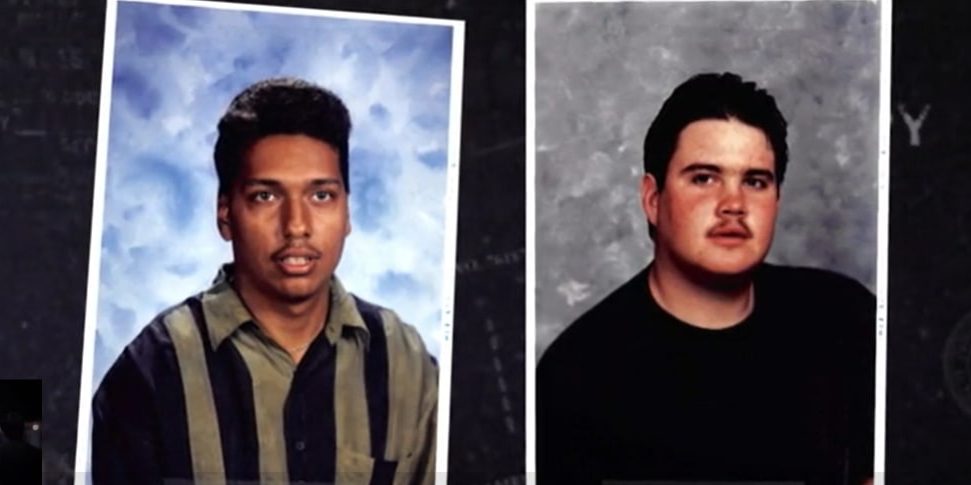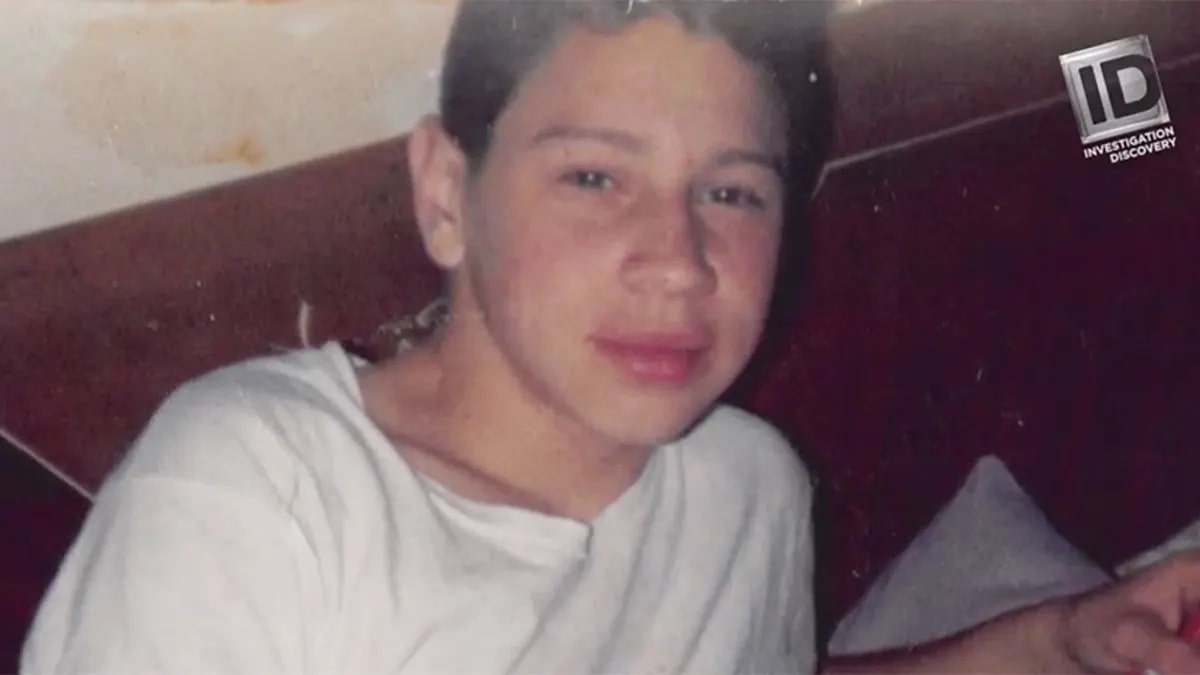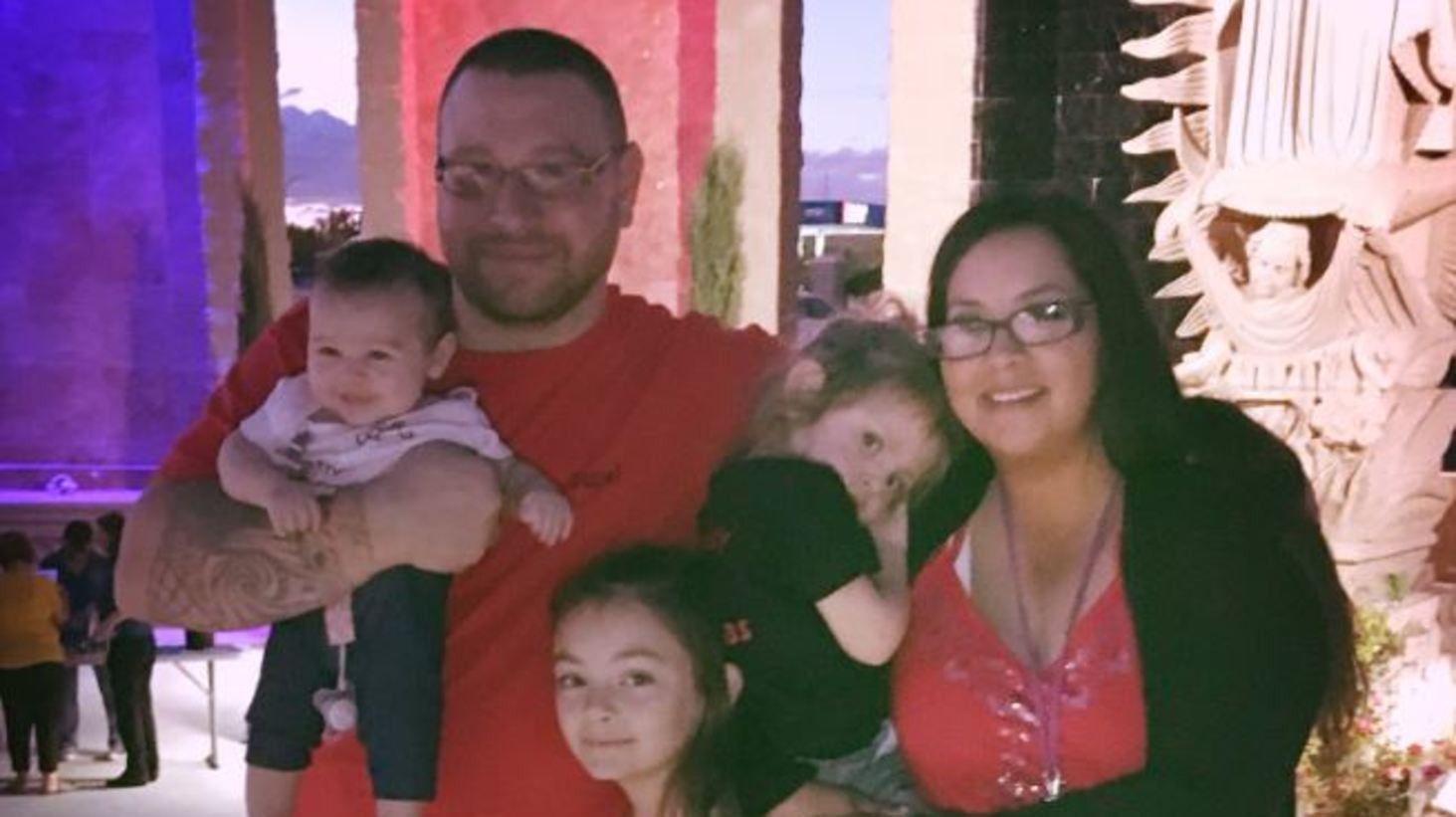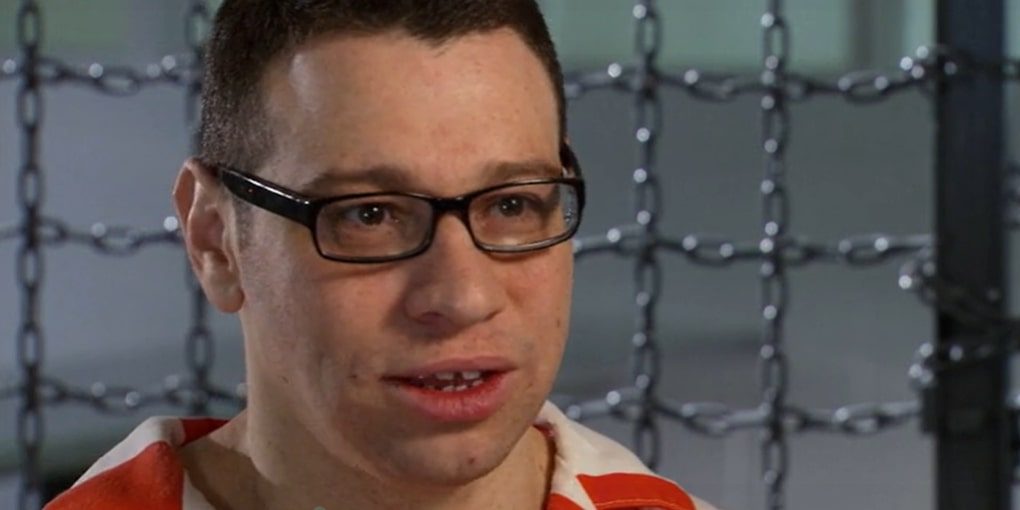In 1993, Armando “Mando” Lazo and Robert England, along with two other friends, were returning from a party when a car blocked their path, and an unidentified assailant began firing shots. Despite the attempts of the other two friends to escape, Mando and Robert succumbed to the gunfire. The police secured a confession from a 16-year-old named Daniel Villegas. ‘A Fatal Confession: Keith Morrison Investigates’ delves into the legal complications that ensued after Villegas later withdrew his statement.
Armando Lazo and Robert England Were Killed While Returning From a Party
In the early hours of April 10, 1993, shortly after midnight, four teenagers, namely Jesse Hernandez, Juan Medina, Armando Lazo, and Robert England, were on their way back from a party. While crossing Jamaica Street in El Paso, Texas, they encountered a car that came to a sudden stop right in front of them. Subsequently, someone from the passenger side of the car opened fire. In response to the gunfire, Jesse Hernandez and Juan quickly fled the scene, assuming the other two were following them. However, they soon realized that Armando and Robert were nowhere to be found.

Upon returning to the scene, Hernandez and Juan discovered that the police had already arrived. Lazo, aged 17, was found on the doorstep of a nearby home situated just behind the street where the shooting occurred. The residents of the house reported hearing gunshots followed by knocking, prompting them to call the police. Lazo had been shot once in the abdomen and once in the thigh, succumbing to his injuries. England, aged 18, had suffered a single gunshot wound to the forehead and was found a short distance away, close to the location where bullet casings from a .22 caliber firearm were discovered.
In a Twist, the Prime Suspect Recanted His Confession
The police, in their pursuit of leads, interrogated numerous individuals, particularly young people associated with gangs that were active in El Paso at the time. On April 21, 1993, 17-year-old David Rangel was brought in for questioning. During the interrogation, Rangel conveyed that he had overheard his cousin, Daniel Villegas, bragging to others about killing Armando Lazo and Robert England. Later that same day, at around 10 pm, the police arrested Daniel Villegas and brought him in for further questioning.

Villegas, then 16, endured a night at the police station without the presence of a guardian or legal representative. Following the interrogation, Villegas signed a confession in which he outlined the events surrounding the night of the crime. According to the confession, he and a group of friends were driving around after consuming some beer. During their drive, they encountered a group of boys, and Villegas admitted to firing shots at them, resulting in the deaths of two of the boys. He mentioned that one of the boys attempted to flee, and someone from the car pursued and shot him.
Merely hours after signing the confession, Villegas claimed that he had been coerced into writing the statement by Detective Alfonso Marquez and recanted his confession. Despite the absence of DNA evidence, witnesses, or circumstantial proof, this recanted confession held significant weight as evidence. In December 1994, Villegas’ trial commenced, but an 11-1 hung jury led to a mistrial.
The District Attorney, Jaime Esparza, remained persistent in pursuing the case, and Villegas faced trial once again in August 1995. During this trial, Villegas was pronounced guilty of the double homicide and received a life sentence in prison. Shortly after his conviction, Villegas initiated an appeal, yet by 1997, all of his appeals were rejected by the Eighth Court of Appeals, solidifying his conviction in July 1997.
In 2008, a family friend of the Villegas, John Mimbela, observed the distress of his family members, prompting him to reexamine the case. Mimbela concluded that the evidence used to convict Villegas did not align with his findings, leading him to believe that Villegas had been wrongfully convicted. To seek justice, he enlisted Joe Spencer as a defense attorney for Villegas. Spencer filed a writ of habeas corpus on Villegas’s behalf, citing ineffective counsel during his second trial as grounds for the appeal. The hearing, initiated in June 2011, saw Villegas’s defense team highlighting numerous inaccuracies within the case.
They cast doubt on the circumstances surrounding Villegas’s confession, asserting that the police had used unethical tactics to coerce the admission. Additionally, the defense pointed out a contradiction between the confession and Jesse Hernandez’s account; Hernandez had informed the police that the shots originated from the passenger side of the vehicle, while Villegas’s confession placed him on the opposite side. Another raised issue was David Rangel’s statement, where he initially claimed Villegas used a shotgun, whereas the actual shooting involved a .22 caliber, suggesting Rangel might have been coerced into altering his statement.
During the hearing, the defense introduced Rudy Flores, who had allegedly threatened Lazo weeks before the murder. Flores consistently invoked his Fifth Amendment right against self-incrimination for every question, despite the judge’s warning of potential contempt of court consequences. The proceedings concluded in October 2011, and after six months of deliberation, in August 2012, the judge issued an order for a new trial for Villegas.
Daniel Villegas is a Free Man Today

Following the order for a new trial, Daniel Villegas was released from prison on bond in January 2014, and he subsequently married Amanda Mata. The couple expanded their family, welcoming their first child within a year and later adding two more children. In December 2015, Villegas filed a civil lawsuit against the City of El Paso and eight El Paso Police Department officers for wrongful conviction. Villegas faced a third trial in October 2018, during which his written confession was not admitted as evidence. Ultimately, he was acquitted of all charges, marking his exoneration and reclaiming his freedom.
Since his release, Villegas has faced challenges readjusting to life outside of prison. He has shared the difficulties he encountered, including instances where his past conviction affected aspects of his life, such as being denied access to his daughter’s school due to the murder charge on his record. Villegas initially worked in construction and later joined a law firm as of the last available records. The civil lawsuit he filed against the City of El Paso and police officers remains ongoing, with a new hearing scheduled for May 2024.
Read More: Elmer “Buddy” Christian Murder: Where is Jamie Donnell Hood Now?


You must be logged in to post a comment.